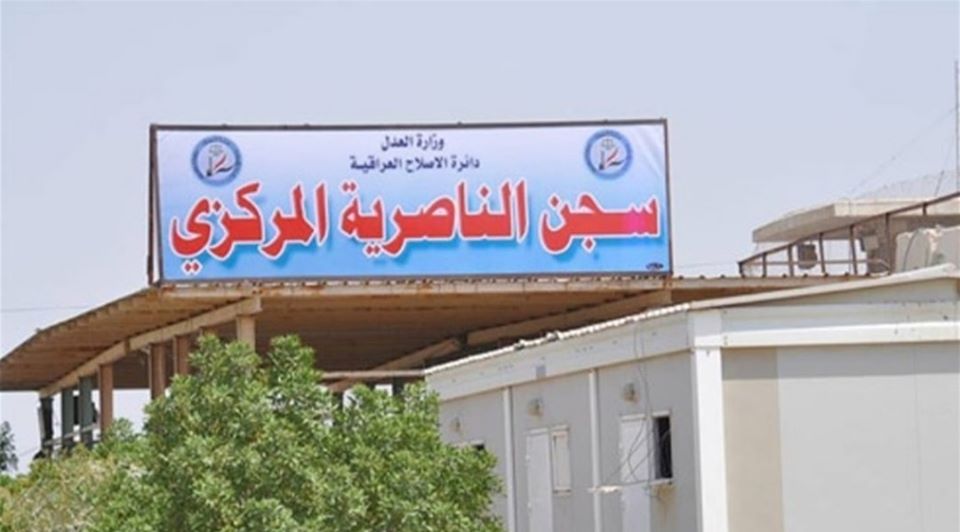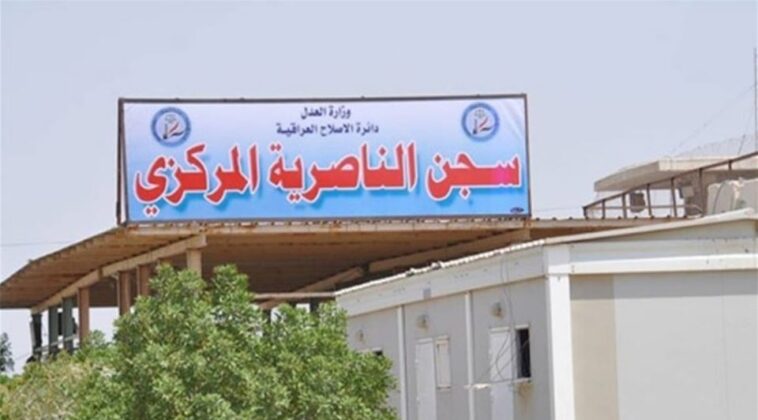
The Truth Behind Secret Executions in Iraq’s Al-Hout Prison
The Ministry of Justice Denies Accusations
The official spokesperson for the Iraq Ministry of Justice, Ahmed Laibi Abdul Hussein, has strongly refuted a news article accusing the Ministry of carrying out secret executions in Al-Hout prison. The Ministry is braced to pursue legal action against the site. According to the Ministry of Justice, the accusations “aim to mislead domestic and international public opinion and distort facts for political purposes”.
Commitment to Human Rights and Reform
Hussein affirmed Iraq’s commitment to human rights, as well as Prime Minister Mohammed Shia’ Al Sudani’s ongoing efforts and close involvement in the reform of correctional departments and improvement of inmate conditions. Hussein was critical that the news website did not seek comment from the competent authority before publishing the article. Hussein stressed that the Ministry’s doors are always open to press inquiries.
The Dire Conditions of Al-Hout Prison
Al-Hout prison, also known as Nasiriyah prison, is the largest prison in Southern Iraq and the only prison that carries out executions. The conditions in the prison are dire – overcrowding, illness, and reports of torture are commonplace. According to Human Rights Watch, Al-Hout prison has earned the nickname “the whale” for “swallowing people up and never spitting them out”.
Failed Justice System
Iraq’s courts have routinely accepted torture-tainted “confessions” as evidence and sentenced individuals to death based on those confessions, and they have routinely failed to investigate allegations of torture. Defendants were either denied legal representation or given a court-appointed lawyer whom they could not meet privately.
A Call for Moratorium of Executions
Following the execution of at least another 13 men in April, Amnesty International called on Iraqi authorities to immediately halt all executions. “The Iraqi government must immediately establish an official moratorium of executions and work towards abolishing the death penalty”, Razaw Salihy, Amnesty International’s Iraq Researcher, said.
Developing a Media Strategy to Combat Corruption
Hussein’s appeal to media outlets follows October 2023, when the Ministry of Justice released a statement discussing the Ministry’s development of a media strategy to combat corruption. According to the Ministry, the strategy will “combat corruption through media channels and social media programs to enhance transparency across state institutions”. Building trust between the judicial departments and citizens is a key focus of this strategy.
The Dark History of Executions and Riots
On July 15, 1927, a riot erupted in Vienna over the acquittal of three conservative paramilitary members accused of firing on a group of socialists, killing war veteran Matthias Csmarits and 8-year-old Josef Grössing. The riots resulted in the burning of Vienna’s Palace of Justice, which is the seat of the country’s Supreme Court, as well at least 89 deaths.
On July 15, 1949, Congress passed the Federal Housing Act to fund slum clearance and low-rent public housing projects. Learn more about the history of federal housing policy.
The Murder of Daniel Pearl and Death Sentences in Pakistan
On July 15, 2002, a court in Pakistan sentenced Ahmed Omar Saeed Sheikh and three accomplices to death for the murder of Wall Street Journal reporter Daniel Pearl. Read selected stories by Daniel Pearl from The Wall Street Journal.
Originally Post From https://www.jurist.org/news/2024/07/iraq-ministry-of-justice-denies-secret-executions-in-controversial-al-hout-prison-vows-legal-action/
Read more about this topic at
Iraq is in ‘material breach’ of U.N. resolution, U.S. says
Q & A: Shia militia commander Ali Jamal Hussein


